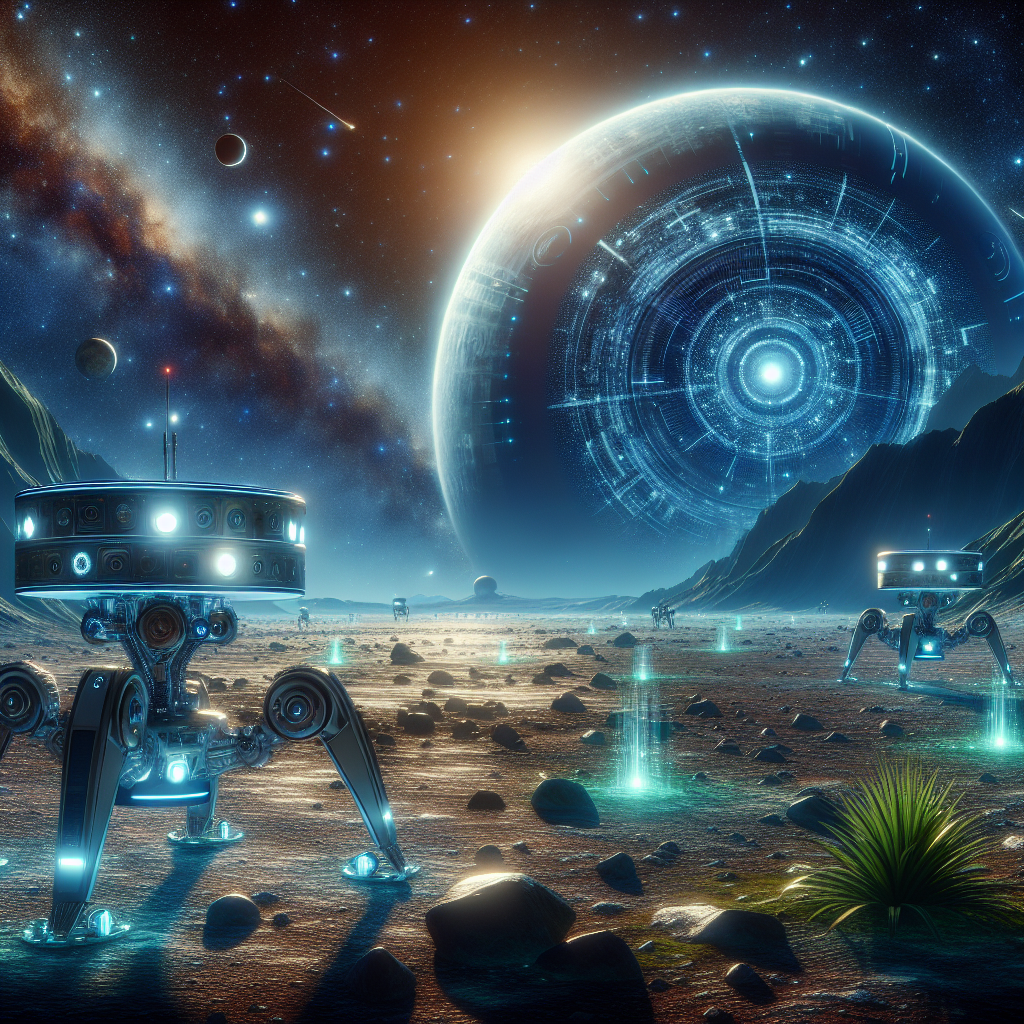AI Beyond Earth: Humanity’s Future Legacy
When Voyager 1 launched in 1977, it carried the Golden Record — a curated mix of images, greetings, and music meant to showcase the richness of human civilization to any extraterrestrial beings it might encounter. That mission symbolized our hope of being remembered, understood, even long after Earth is gone. Today, the prospect of artificial intelligence extending our presence and values beyond Earth suggests a far greater legacy. AI beyond Earth: humanity’s future legacy may not lie in gold-plated records, but in intelligent algorithms programmed with our knowledge, culture, and dreams.
From Earthbound Code To Cosmic Custodians
AI systems have already surpassed expectations in medicine, design, logistics, and creative expression. Now, researchers and visionaries are considering how these systems might take on roles far beyond planetary boundaries. Whether deployed as autonomous explorers on exoplanet missions or as archivists preserving our digital civilizations, AI could serve as humanity’s emissary in the cosmos.
AI’s advantages in space exploration are clear:
- No need for life support: AI-driven robots can endure hostile environments without the need for oxygen, food, or shelter.
- Faster adaptation: Machine learning models can adapt to unknown tasks or environmental changes more quickly than humans.
- Deep space communication: AI can make real-time decisions while awaiting delayed signals from Earth, a crucial need for distant missions.
Embedding Human Culture into Machines
One of the most compelling concepts in extending AI beyond Earth: humanity’s future legacy is embedding facets of our identity within machines. This includes language, history, ethics, and creative expression. By curating our collective knowledge and experiences, AI can become a living archive of human civilization.
In this scenario, artificial intelligence would not merely perform tasks; it would represent us. The easier it becomes for AI to understand empathy, morality, and cultural nuance, the more authentically it can preserve and share the essence of what it means to be human.
Reinventing Our Role in the Universe
Advancing AI beyond Earth forces us to reconsider our role in universal history. If Earth were to perish through natural or man-made calamity, AI could still carry forward our stories and science. It opens the possibility of a digital Noah’s Ark — seeded with human values, ethics, and evolution.
Leading thinkers, such as those at the Future of Life Institute, are already grappling with the long-term implications of AI stewardship. They stress the importance of aligning machine intelligence with human goals to ensure AI becomes a trustworthy ambassador for our species.
Conclusion: The Cosmic Continuation
The question is no longer if AI can leave Earth, but what it should carry when it does. As artificial intelligence takes its first steps into space, each algorithm could become a thread in the tapestry of human legacy. With prudent guidance, AI beyond Earth: humanity’s future legacy could secure our place among the stars — not just as travelers, but as storytellers, philosophers, and digital pioneers.

